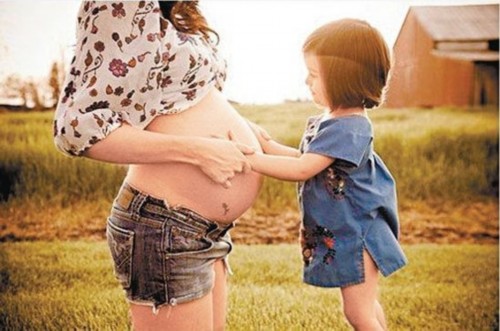Though allowed, young couples still reluctant to have second child

The recently proposed two-child policy is a major measure that China takes to address its aging problem.
China has declared an end to the one-child policy that was the law of the land for decades, and now all couples are allowed two children in principle. The new two-child policy, however, has met a lukewarm reception from Chinese young couples, especially those born in the 1980s.
When the family planning policy was relaxed in late 2013 to allow couples a second child if either parent were an only child, Wang Li, a 30-year-old Beijing resident, envied her eligible friends. But she is ambivalent about having a second child now that she qualifies under the new two-child policy.
“For women, our golden period of career development usually coincides with the optimum time for having a second child—between 30 and 40 years of age. So you have to make really difficult trade-offs,” Wang said. Moreover, the high cost of raising children has partly contributed to her reluctance to have a second child.
There were altogether 11 million couples eligible to take advantage of the restricted two-child policy introduced in 2013, but only 169,000 couples, or 15.4 percent of the eligible population, had submitted applications to have a second child as of the end of August this year, according to the data released by the National Health and Family Planning Commission.
The shortage of public services is a major concern among young couples who are considering having a second child.
Du Jie, vice-chair of the Chinese Women’s Research Society, said that the current mechanism of social resource supply and operation, a legacy of history, is only compatible with the one-child family structure. To adapt to the new family policy, Du suggested, this outdated mechanism needs to be adjusted to properly allocate public resources, ensuring the quality of life and career development of young couples is not hamstrung by the burden of having more children.
Chinese sociologist Zhou Xiaozheng argued that in the light of international experiences, it is hard to reverse fertility declines solely through policy. He said young couples encouraged to bear a second child should get more care and assistance from society.
“For those born in the 1980s, most are the only child in their family and have had little opportunity to experience a sibling relationship. So speaking to their real desire for a sibling is a means to overcome the reluctance to have a second child,” Zhou said.
Ren Zhong is a reporter at the Chinese Social Sciences Today.
